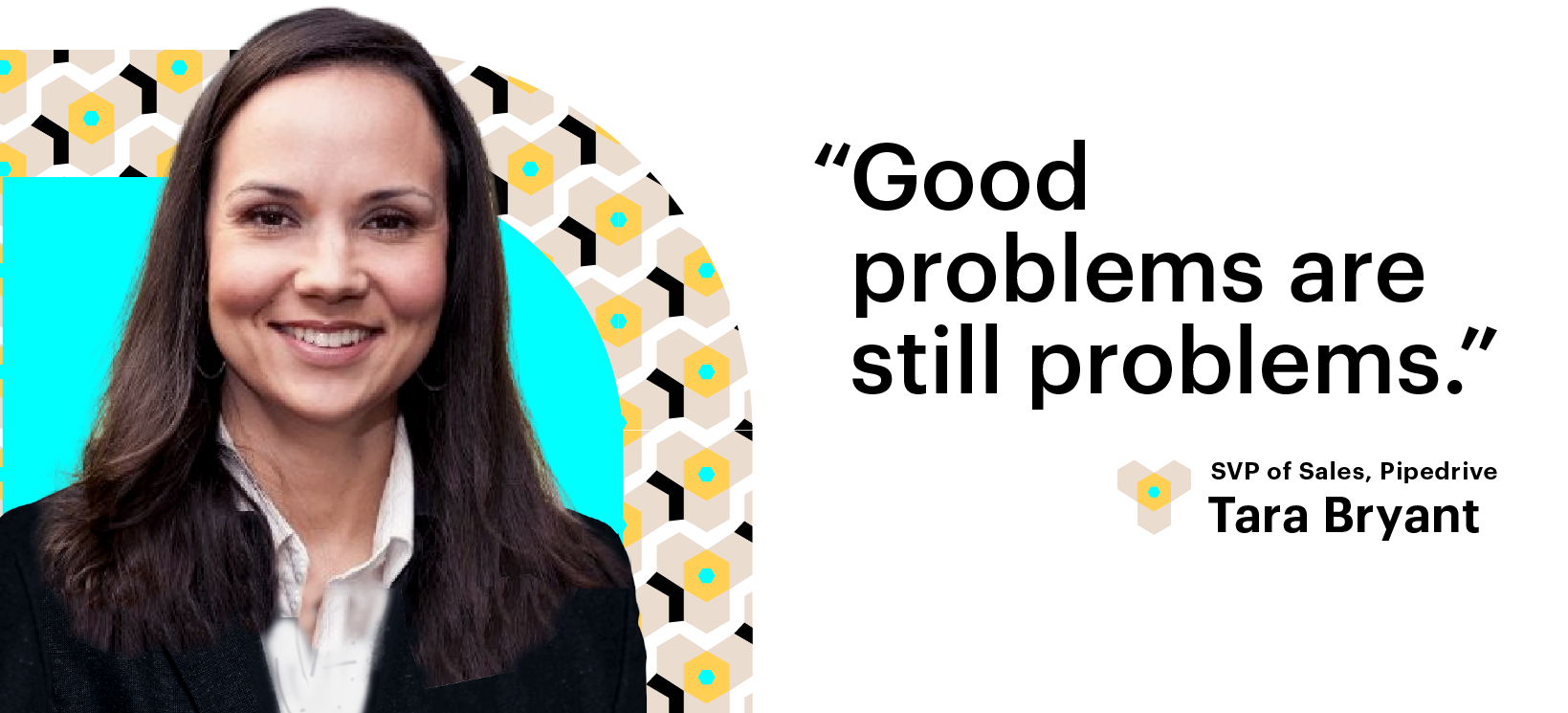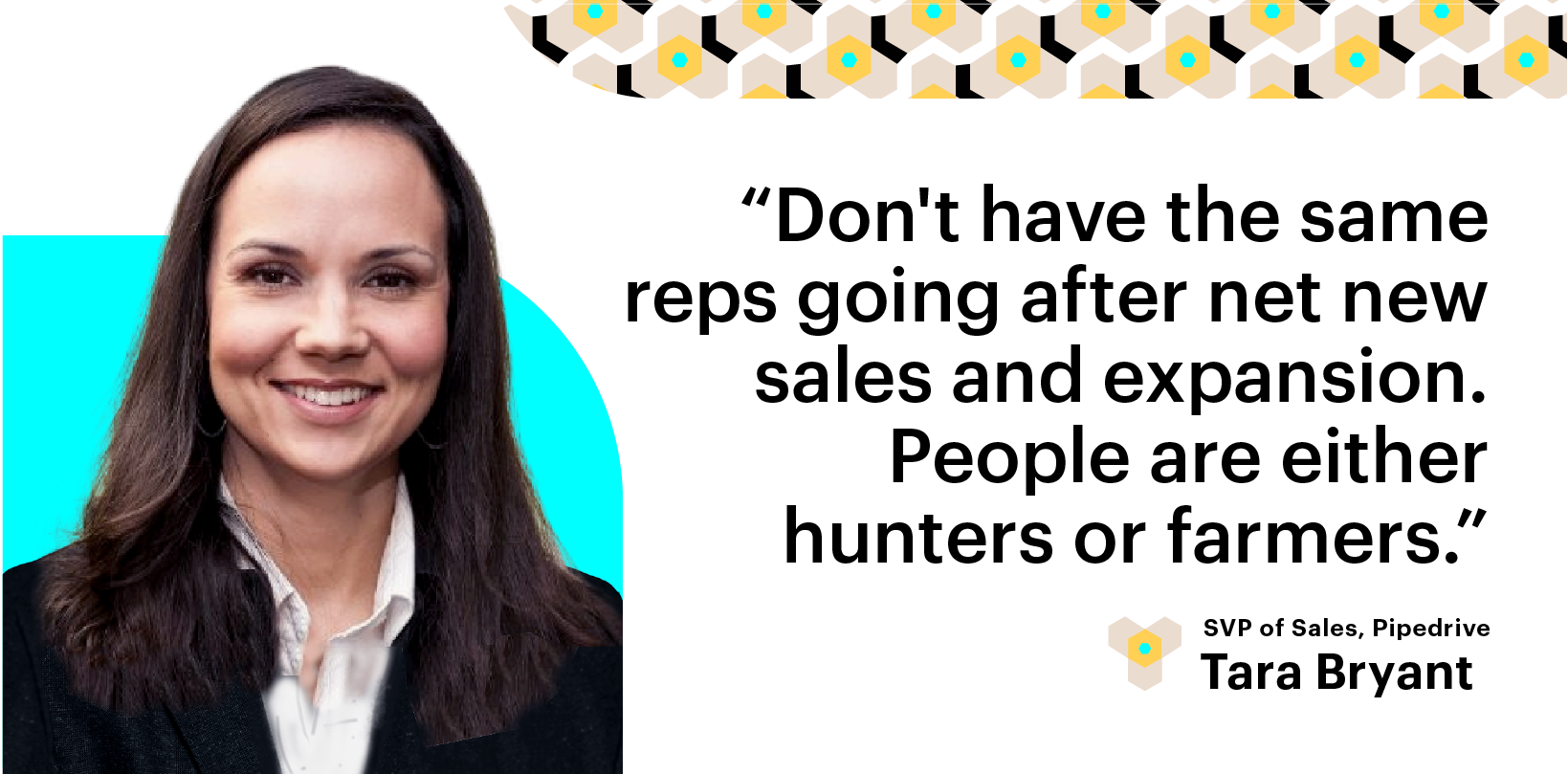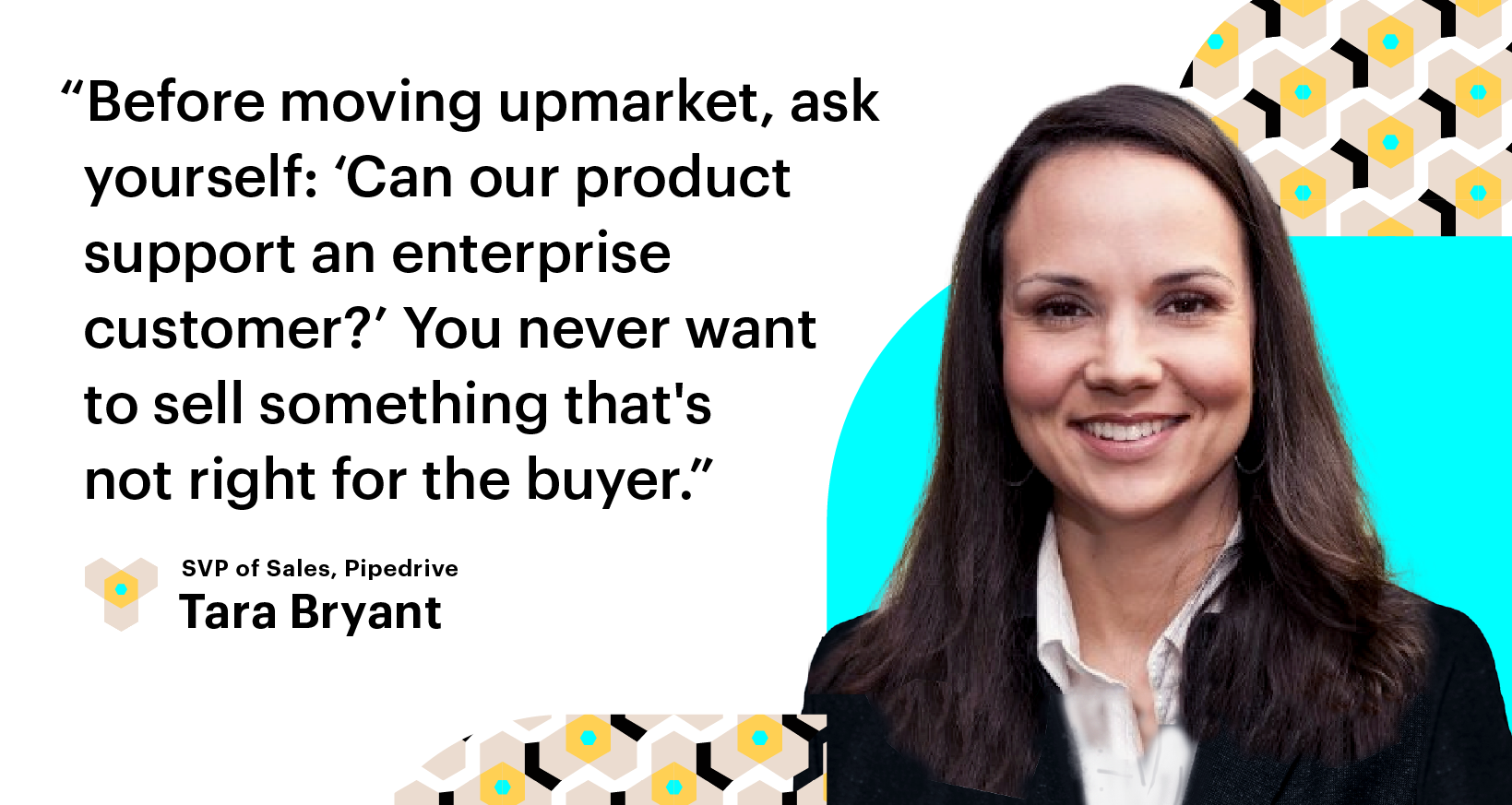
The ugly side of growth – how to scale your sales team sustainably
If you’re reading this, you might be familiar with Paul Graham’s famous article “Startup=Growth,” where he lays out the difference between traditional businesses and startups. Paul Graham puts it like this: “A startup is a company designed to grow fast.”
In general, growth is a good problem to have – it means you’ve found some measure of product market fit and you’re generating real revenue from active users. However, when researchers at UC Berkeley and Stanford explored growth at more than 3,000 startups, their key finding was that premature scaling was the most common cause of failure. Whether it’s revenue or personnel, rapid expansion brings a host of obstacles that could counterintuitively sink your business if you don’t have a strategy for handling it gracefully.

Given that the primary metric we measure growth in is revenue, it follows that sales feels growth more acutely than almost any other function.
With 25-plus years of experience as a profit driver, Tara Bryant is a veteran at helping businesses iron out the kinks in their intricate revenue plans, from startups to Fortune 500 companies. As the Senior Vice President of Sales for Pipedrive, she’s currently responsible for building nimble sales teams who drive sustainable revenue.
Throughout her career, she’s increased sales by 100% or more year over year at fast-paced, high-volume organizations. She’s seen both the triumph and folly of meteoric expansion, and she joined me on the podcast to share her insights about how to grow sustainably.
To find out how you can avoid the pitfalls of hypergrowth, you can listen to our full conversation above or read Tara’s key learnings below.
This is episode seven of Scale, a brand new podcast series on moving from startup to scale up. If you enjoy the conversation and don’t want to miss the rest of the series, just hit subscribe on iTunes, stream on Spotify, Stitcher, or grab the RSS feed in your player of choice.
Making sure culture scales as you grow
Company culture can be especially delicate when a startup is experiencing hypergrowth. New employees are onboarding at an astonishing pace, and leadership is developing fresh policies to deal with new issues as they arise, addressing everything from expense reports to employee benefits.
Hiring is one of the biggest areas of investment in your business, so it’s essential to go to great lengths to recruit (and keep) happy employees. Zappos understands this truth more than most, offering its new employees $2,000 to leave if they feel the company isn’t a good fit for them.
New managers also go through five weeks of training on company culture, taking calls from customers and working in the Zappos warehouse. It’s only then that they start the job they were hired for.
Safeguarding and promoting positive culture is a lot like fostering healthy friendships. Actions that may seem small – like talking about values frequently, recognizing an employee’s outstanding effort or planning recreational time that encourages connection between team members – actually play a huge role in making your company a desirable place to work.
For Tara, healthy hiring practices that enhance company culture are what set Pipedrive apart:
“You have to make sure you hire well. Your core team and your executive staff have just got to be in lock step. They’ve got to be diverse in the sense of their backgrounds, and even the way that they look at things, because you want some challengers up there. But you really want to make sure it stays true to your culture, and that’s what Pipedrive is a great about. They’ve got a great culture, they’ve got great company values and they really stick to them.
“We’ve got close to 500 employees now, and we have to invest a lot of time to make sure we stay true to that culture. So as you’re growing there’s always these pivot points, and I was just recently talking about you’ve got that three or maybe four to 500, it’s always an inflection part that really starts impacting the culture. You’ve got people who were there from the beginning, and maybe they’re a little more resistant to change. You’ve got people who will come in and think they know everything. So there can just be some conflicts there, and if not channeled correctly it can definitely be another ugly side of growth.”
Doing more with less
Rapid growth can deceive you into thinking it’s time to aggressively expand your teams. Before you do, you should make sure your current infrastructure is operating as efficiently as possible.
Management guru Peter Drucker famously wrote, “If you can’t measure it, you can’t improve it.” To create a lean, mean working machine, it’s important to establish healthy metrics for tracking success, like time spent on high-value activities. From a sales perspective, that might mean going after referrals instead of cold-calling. Or focusing on customer expansion as opposed to new customer acquisition.
If these systems aren’t ironed out, it may mean you have to pump the brakes on hiring, as Tara bravely did when she realized the company needed to work on its processes before rushing to fill seats.
“When I started, Pipedrive had a big growth plan as far as headcount, but they were a little bit looser on processes and cadences. Going into Q4 in a company is always a bit of a challenge, because obviously you’re ending the year and the quarter, but you’re also trying to plan for the next year, and you don’t really know enough information. So one of the things I definitely just took a step back and said, ‘This is a really aggressive hiring plan for 2019, we’re not going to hire anybody.’
“We’ve got a great staff right now, and I think a lot of sales people make the mistake of looking at the plan and thinking, ‘Okay, I have to get to X, so I’m just going to hire more people, and that’s how you make your quota.’ I actually don’t believe that. I will always try to hold back on the hiring plans, because I’m a process and data person. Unless you’ve got the process in place, and you’ve got a really good framework, you need to really optimize what we have. We’ve a great salesforce. I mean, these people love our customers; they really want to make sure that they understand the tool. So I think we’ve got things we can fix first before we look at really scaling it.”

Know whether your reps are hunters or farmers
Research shows that it costs five times as much to win a new customer as it does to generate revenue from an existing one. And yet, only 18% of companies are making retention a priority.
Of course, both acquisition and retention are absolutely crucial for your company, but instead of charging a single sales squad with both tasks, it’s a good idea to split up the team and assign the right reps for the job.
Each approach exercises a different muscle. Customer retention requires soft skills like relationship management, whereas customer acquisition is about evangelizing to prospective customers and showing them how your product can solve their problem.
That’s why Tara recommends developing two distinct teams to address each task.
“I would say the number one thing is, don’t have the same reps going after net new sales and expansion. It doesn’t work. The reason it doesn’t work is because it’s much easier to grow an existing customer than it is to go convince somebody to move, or to start using a new tool, right? And so what will happen is, just subconsciously people gravitate more towards the customer base and work on that, versus net new. So the number one thing I would say is, don’t ever have them be the same person or the same team. And I actually think it’s a different DNA in that I think people are either hunters or farmers.”

Beware of moving upmarket too soon
As a SaaS company enjoys swift success, it’s natural to explore new avenues and consider whether it’s time to move upmarket. But the shift from serving small and medium businesses to competing in the enterprise space is a big one – and it represents a significant risk.
Venture capitalist Tomasz Tunguz recommends rigorously evaluating whether it’s time to make the leap. Enterprise sales usually involves a bigger staff than SMBs, with brand new roles like sales engineering and field marketing. Are you prepared to invest?
Another key question is whether your product can serve both markets. If selling to SMBs requires one roadmap and enterprises demand another, it may stretch your resources too thin. This is relevant to marketing, too: the effort and cost to develop completely different messages might be more than the company is ready to handle at this stage.

For Tara, the most important thing is whether the product will truly serve the customer’s needs:
“So I think what it is, is we’re looking at saying, ‘First of all, do we have the right tool for them?’ You never want to sell something that’s not the right tool for people. So I would say, ‘Could our tool support an enterprise customer?’ Yes, it could, that’s just not the segment that we’ve ever been really interested in.
“You don’t want to go out there, sell a big customer, and the worst thing you can’t do is service them or it’s not the right tool. I think Pipedrive tries to stay true to their values of how we started. It was for sales people to sell more. We want to make sure we are staying true to the product, and then make sure that we can really service the customers and that the product will benefit them.”
This post is part of Scale, a place where we explore how businesses are driving growth through customer relationships. Scale offers advice and guidance from support, marketing, and sales leaders who are charting new paths for their customers – and their companies.







